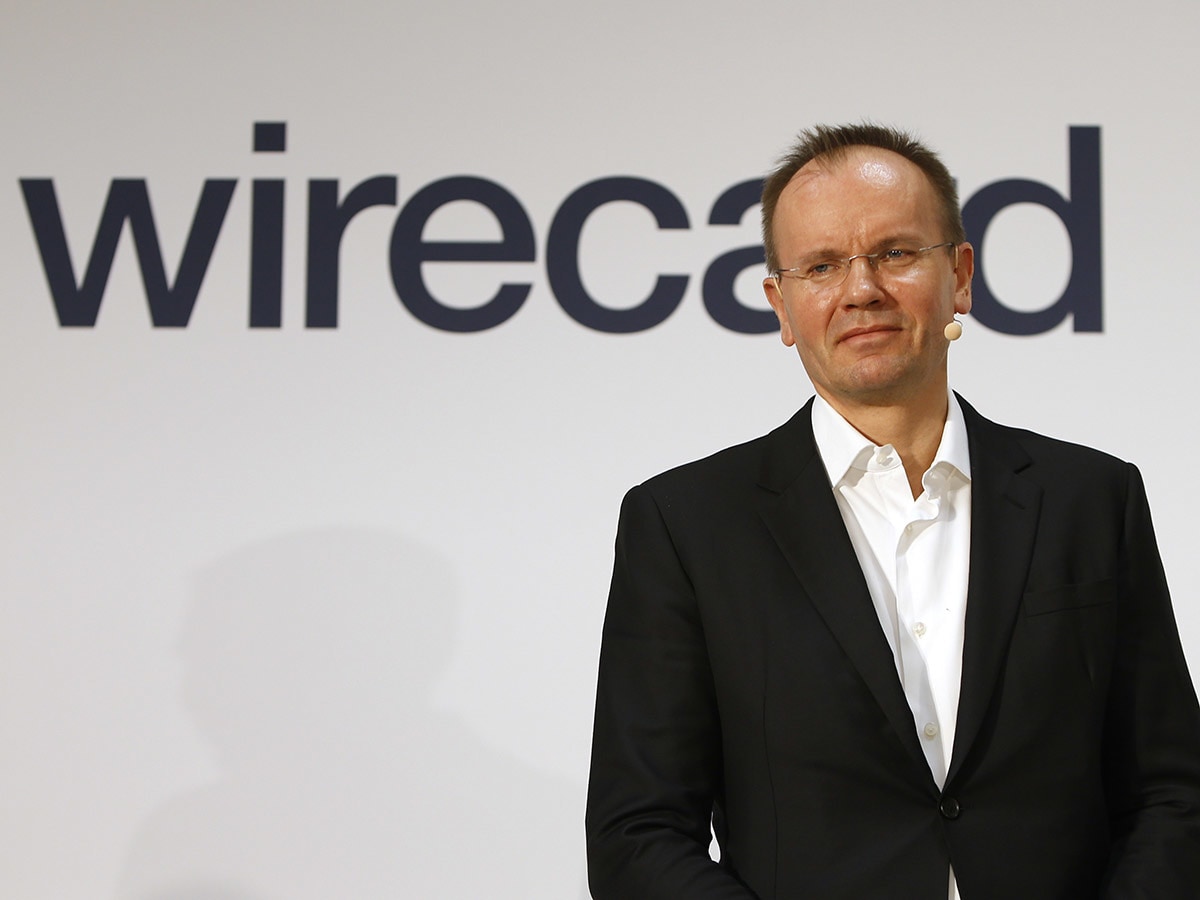Wirecard’s [WDI] share price has been driven down to €2.78 following its decision to file for insolvency last month (through 9 July’s close). This decline is particularly stark given that the stock was trading as high as €140 in April. The drop came after the German payment provider announced that up to €1.9 billion in cash was missing from its accounts. The company’s auditor, EY Germany, told Wirecard that a trustee of its bank account had tried to deceive the auditor by providing “spurious cash balances”.
Wirecard's share price through 9 July’s close represents a 98% drop from April, and a €12 billion loss in stock market value — a precipitous decline for the company seen by many as Germany's tech champion.
How did Wirecard’s share price drop so quickly?
Wirecard's share price decline and insolvency announcement came after the revelation that almost €2 billion in cash listed in its accounts probably didn't exist. What makes this all the more shocking is that accounting heavyweight EY Germany had failed to spot the fraud when auditing Wirecard's books.
Alarm bells have been ringing and threatening Wirecard’s share price for some time over the company’s accounting; just last year Wirecard called in KPMG to conduct a special audit of its books. In this forensic audit, KPMG was unable to confirm the existence of just over €1 billion held in escrow by a trustee on behalf of Wirecard — the “lion’s share” of profits from 2016 to 2018.
Wirecard had been telling auditor EY that its CardSystems division outsourced payment processing to third-parties, in an apparently lucrative arrangement. This has since been exposed as untrue, and it seems likely that the money never existed. Oliver Bellenhaus, who ran CardSystems Middle East from his Dubai apartment, was arrested by Munich police this week. This is the second high-profile executive to be taken into custody, following former CEO Markus Braun’s arrest in June. Wirecard’s former COO Jan Marsalek is currently missing. Wirecard’s share price would have been unlikely to survive this executive turmoil, even if it had somehow weathered the accounting issues.
KPMG’s audit also revealed that Wirecard’s core business lost €74 million in 2018, up from €3 million worth of losses the previous year. The books signed-off by EY Germany for the same period showed earnings of €439 million before tax and interest, and it is these false figures that have contributed to Wirecard’s share price success in recent years.
€74million
Wirecard's core business losses in 2018
What next for Wirecard’s share price?
To salvage any of Wirecard’s share price value, the company will need to sell off subsidiaries. One potential bidder is Deutsche Bank, which has said it will provide the payments group with financial support.
“We're obviously a big participant in the payments business, it's a big part of what we do, especially in the corporate bank,” James von Moltke, Deutsche’s chief financial officer, told the Financial Times. Moltke described assessing Wirecard's true value as "very, very hard".
“Very, very hard” - James von Moltke, Deutsche’s chief financial officer's assessment of trying to value Wirecard's true worth
Wirecard’s share price collapse and wider business problems represent a crisis for the institutions that are supposed to be monitoring companies’ finances. Germany is now working to overhaul its accounting oversight practices, having terminated the existing regulator’s contract, with its replacement due to take over at the beginning of 2021.
EY Germany is also facing legal action from investor group European Investors - VEB, despite claims that they could not have spotted the fraud. Natasha Landell-Mill, partner and head of stewardship at Sarasin & Partners, has said this assertion “does not sound credible”. Landell-Mill told Investment Week:
“We expect [EY Germany] to be sceptical and we expect them to be digging into any kind of red flags. If you have a whistle-blower in the press raising flags, you would expect them to do some hard-hitting follow up to that.”
Continue reading for FREE
- Includes free newsletter updates, unsubscribe anytime. Privacy policy





